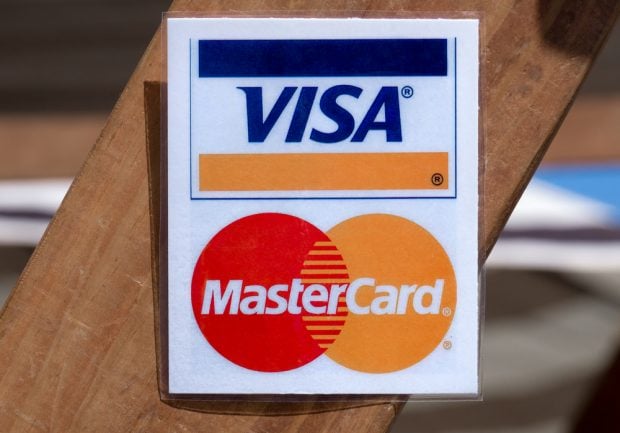Thank you for taking a courageous stance with regard to overdraft fees. I say“courageous” because many credit union professionals may view yourposition as a betrayal, an effort to eliminate an income streamthey consider vital to their credit union's survival andsustainability.
|On the other hand, as you point out, “Are credit unions trulyserving their members if their business model contributes togrowing income inequality?”
|Aye, there's the rub.
|Fees over and above the amount needed to actually process anoverdraft (if overdrafts are permitted at all), plus perhaps a tinypremium, are predatory. Credit union members become victims oftheir own vulnerability and their credit union's willingness totake advantage of it.
|Further, people who maintain lower account balances — livingcloser to the edge, financially — are much more likely to havemissteps that cause overdrafts. When the margin for error israzor-thin, more missteps happen. The logic is compelling; themath, relentless. That's why overdraft fees hit poor folks hardestand most often.
|In this sense, overdraft fees comprise an egregious form ofdiscrimination, with a racial component because — thanks largely tosystemic issues (Read: Corrupt public policy) — people of color areoverrepresented among the poor and almost-poor.
|Thus your op-ed is right in both respects: Regarding the harm tolower-income credit union members in particular, and what may be anexistential threat to many credit unions.
|I only wish you had been able to blue-sky some potentialsolutions to the “threat” issue. How can credit unions eitherreduce costs in an already-tough environment while sustaining theircompetitive value — and/or replace income lost from overdraftfees?
|Perhaps “lost” income is a poor choice of words. From amoral/ethical standpoint, it's income that never should have beenthere in the first place. Yet as you say, many credit union budgetsnow rely on this toxic income stream. What might replaceit?
|How can credit unions generate income to sustain their primaryfinancial mission? How can democratically managed or controlledfinancial service organizations become more sustainable?
|Are any credit unions taking creative actionin this area? If you haven't already done so, perhaps a CUTimes special issue could focus on this daunting challenge andfind glints of hope and opportunity. (It always disheartens me whenpeople in any field talk only about cutting, cutting, cutting.Without different thinking, where will breakthroughs comefrom?)
|Could credit unions own small, local businesses that throw offmodest income streams, enough to fill the budget gap created byditching overdraft fees? Are there strengths that credit unionscould leverage, such as personal knowledge of members' lives andtheir businesses? Leverage how? What about radically rethinking howcredit unions deliver services? I don't even know what this mightmean. I'm merely raising questions that might stir things up in apositive way. Somebody's got to!
|Perhaps CU Times could hold a series of virtual orin-person panels, populated with a mix of credit unionprofessionals and outside-the-box thinkers from other walks oflife. Think “MIT Forum”-type events.
|Regardless, this challenge of incomesustainability must be resolved if credit unionsare to deliver services without harming the people they arededicated to helping. Otherwise, how can they continue to justifytheir cooperative-finance presence in our communities? As I said, adaunting challenge.
|Thanks again for a most stimulating and courageousop-ed.
|Ira B. Dember
|Co-founder
|Commonomics USA
|Houston
Complete your profile to continue reading and get FREE access to CUTimes.com, part of your ALM digital membership.
Your access to unlimited CUTimes.com content isn’t changing.
Once you are an ALM digital member, you’ll receive:
- Critical CUTimes.com information including comprehensive product and service provider listings via the Marketplace Directory, CU Careers, resources from industry leaders, webcasts, and breaking news, analysis and more with our informative Newsletters.
- Exclusive discounts on ALM and CU Times events.
- Access to other award-winning ALM websites including Law.com and GlobeSt.com.
Already have an account? Sign In
© 2024 ALM Global, LLC, All Rights Reserved. Request academic re-use from www.copyright.com. All other uses, submit a request to [email protected]. For more information visit Asset & Logo Licensing.









